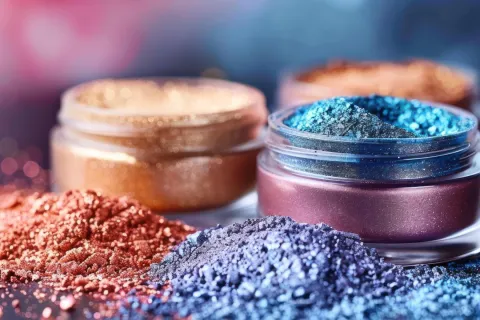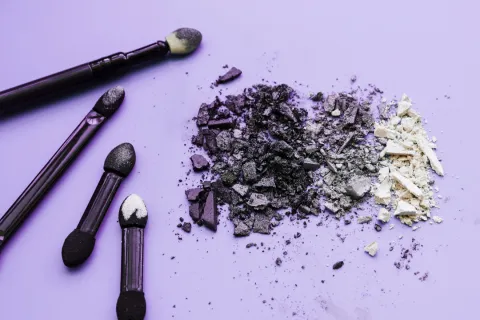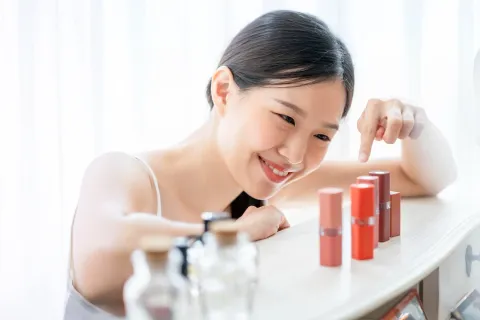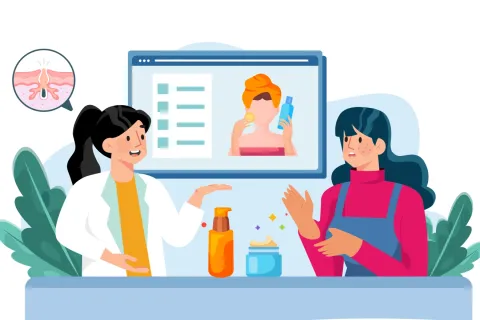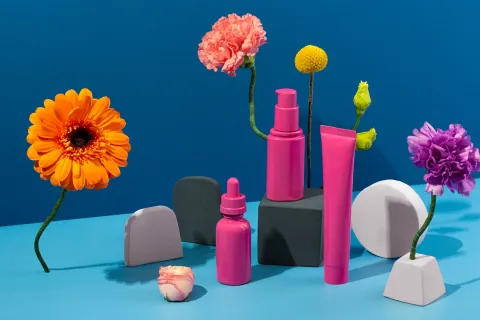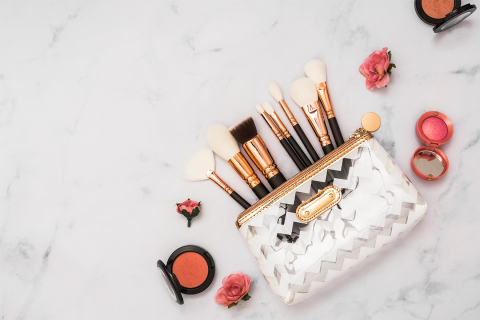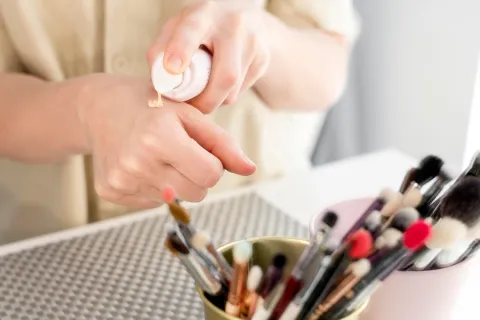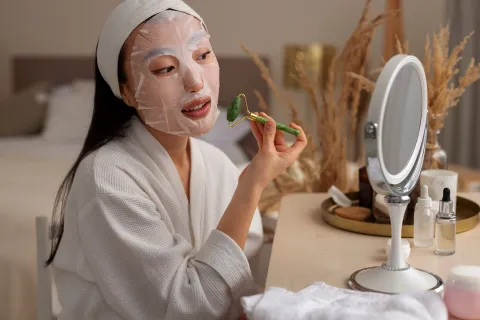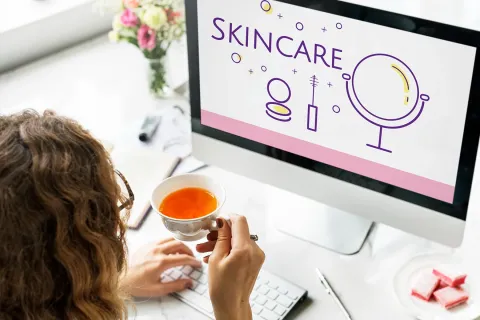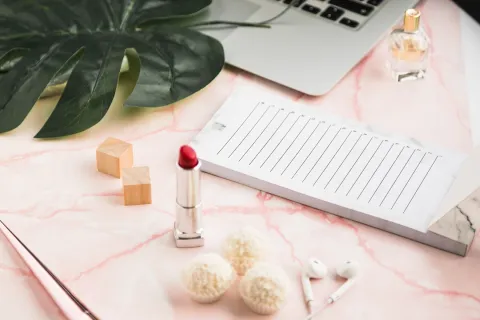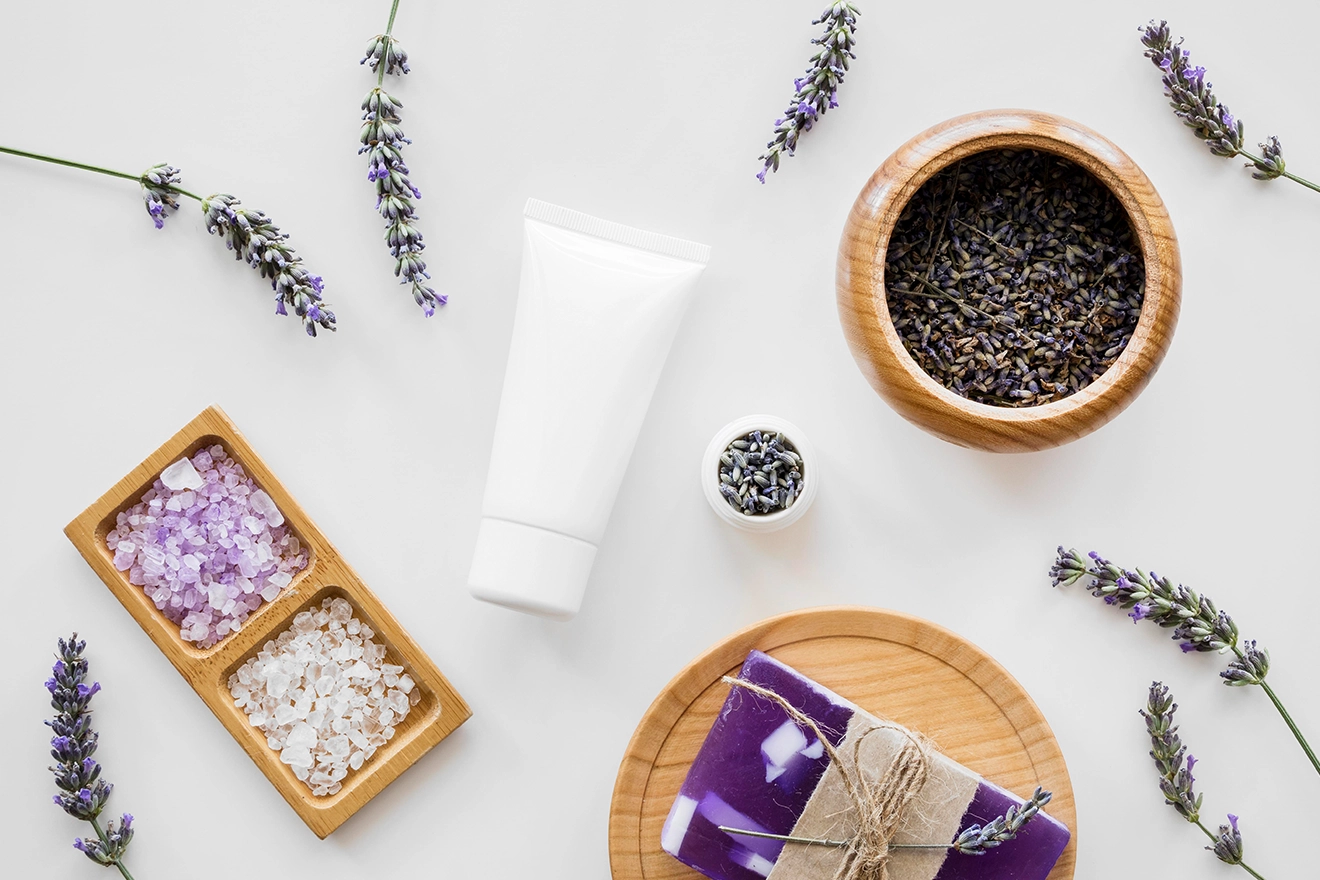
Given the dynamic landscape of the cosmetic industry, it is important to understand the Regulatory framework of different countries. Indonesia, a country known for its rich cultural heritage and diverse market, presents a unique set of challenges and opportunities for cosmetic manufacturers and distributors. In this blog, we shall explore Indonesia’s cosmetic Regulatory landscape, providing a comprehensive insight into the challenges that businesses face when entering and establishing their presence in this vibrant market.
Understanding the Cosmetic Regulatory Framework in Indonesia
In Indonesia, the Badan Pengawas Obat dan Makanan (BPOM), or the Agency for Food and Drug Control, is the authority responsible for overseeing regulations, safety compliance, and cosmetic notification. Cosmetic products must undergo a rigorous notification process, which includes the submission of the Product Information File (PIF), ingredient details, information on cosmetic labeling/claims, and related supporting documents. A Local Representative (LR) is often required, which adds an extra layer of complexity for international brands.
The Key Regulatory Challenges
- A Complex Notification Process: The cosmetic notification process in Indonesia can be intricate and time-consuming. It requires extensive documentation and safety test results. This can lead to delays and increased costs for manufacturers.
- Language and Cultural Barriers: International companies may face challenges due to language and cultural differences, which can impact their communication with Regulatory authorities and LRs. Misinterpretation of requirements can, in turn, lead to non-compliance.
- Ingredient Restrictions: Indonesia has in place specific regulations on permitted cosmetic ingredients. Some ingredients that are widely used in other countries might be prohibited or restricted in Indonesia, thereby necessitating the reformulation of products.
- Counterfeit Products: The Indonesian market is fascinated with the counterfeiting of cosmetics, which not only compromises consumer health but also affects the reputation of legitimate brands. Combating counterfeit products is an ongoing challenge in Indonesia.
- Local Representation: International companies are often required to appoint an LR, which adds to the administrative burden and costs.
- Labeling and Language Requirements: Accurate labeling in the local language is an essential requirement, which poses significant challenges for international brands. Meeting these requirements while maintaining consistent branding can be a demanding task.
- Market Diversity: Indonesia’s diverse population demands a wide array of cosmetic products catering to various skin tones and preferences. Addressing this diversity requires meticulous product development and marketing strategies.
To conclude, entering the Indonesian cosmetic market requires a comprehensive understanding of the nuanced Regulatory landscape and the associated challenges. While the notification process might be complex, the market potential is immense. By collaborating with a Regulatory partner like Freyr, which specializes in Indonesia’s cosmetic industry, businesses can navigate these challenges and thrive in this ever-evolving market.
Contact us to tap the Indonesian cosmetic market with confidence!
